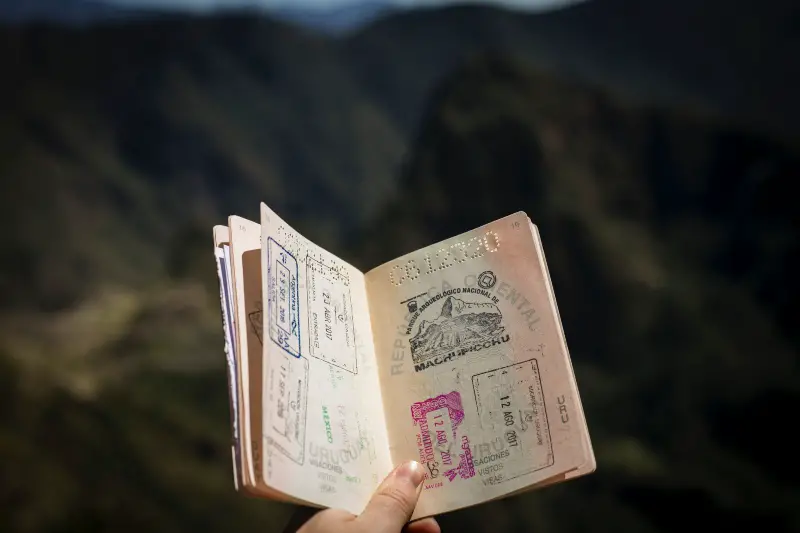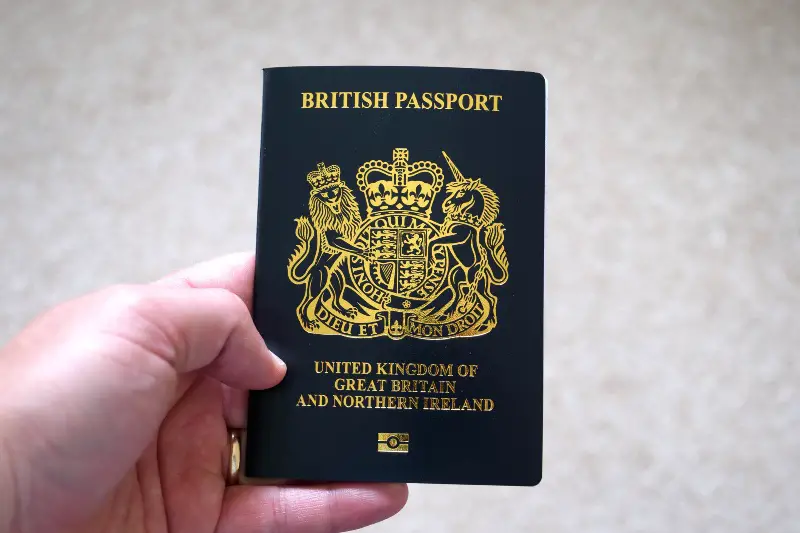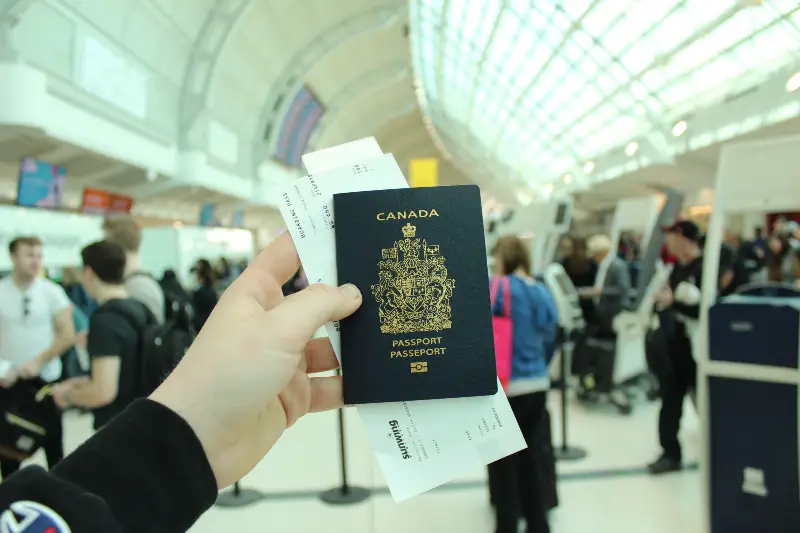We live in an interconnected world where borders are becoming less and less important. Technology has made it easier for us to stay connected with our friends and family around the globe, no matter where we go.
And your passport is the key to unlocking the door to freedom. It’s the gateway to travel, adventure and new experiences. We all dream of traveling the world, seeing new places, meeting new people and experiencing new cultures. However, passports aren’t cheap. They can cost hundreds of dollars and they often require renewals.
So, how does the strength of a passport actually influence the way you travel and work worldwide, and how can we evaluate how powerful a passport really is?

The Phenomenon of Global Mobility
When we talk about global mobility, we should focus more on the quality of moving from one country to another. In practical terms global mobility is about how fluid it is for you to move from one country to another – in other words, it is about being able to easily leave your home country and move to your new country, the host country without much hassle.
The movement of people between countries – whether made by a multinational company or whether you yourself are going to conquer new horizons – encompasses several factors such as family group, knowledge, skills, values, benefits as well as the factor most associated with global mobility, immigration. Sorting out a safe and professional migration process is very important in mobility processes.
And, when thinking about living abroad, the first document we need to have in our hands (or at least in the final steps of issuance) is our passport.
In summary, a passport is an official document issued by a national authority that certifies an individual citizen of a specific country and requests permission from the issuing authority to enter another country. In other words, a passport enables you to open doors – which lead to other countries.
These doors can be opened by the passport in conjunction with suitable visas – which are specific authorizations to stay. However, there are agreements, releases, treaties, and so on, that can facilitate the movement of people, making visas not necessary for entry into a new country.
The first question that should be asked in any global mobility process, along with the acceptance of the proposal, is whether your passport gives you the power of mobility. In other words, with your passport, can you easily enter a certain country you want to work or travel in?
Different Approaches to Evaluating How Strong a Passport is
How do you know how powerful a passport is? Building an index to precisely make visible the ease of entry of people into different countries, based on their nationalities. And that was initially done by the Henley Passport Index, which ranks the most powerful passports but only in terms of global mobility.
And by “powerful”, it means evaluating passports that make it most probable for people to enter other countries without the need for a visa. This information, however, is very superficial, as agreements between countries are made on a daily basis, and wars and pandemics can make borders stronger or weaker.
The issue is that in today’s world, a passport can actually have more use cases than the so-called global mobility. That’s why new method approaches have been trying to rank and estimate how powerful a passport really is.

A New Approach – The Global Passport Index, by Global Citizen Solutions
Considering the limitation of the Henley Passport Index, the immigration consultation firm Global Citizen Solutions decided to evaluate passports with a new approach: the Global Passport Index.
This index tries to find the most powerful passports by evaluating three dimensions, weighted differently:
- Enhanced Mobility Index – According to the firm, the Enhanced Mobility Index carries the most weight, accounting for 50% of the overall score. This goes beyond simply counting the number of countries or territories that the passport provides immediate access to, ranking instead from restricted travel through to visa on arrival and unlimited visa-free access. The “desirability of countries” is also included here, based on the quality of life score.
- The Investment Index – This is worth 25% of the Global Passport Index score and is based on global competitiveness (also referred to as market innovation, weighted at 50% of the Investment Index score), gross national income per capita (GNI), and personal income (weighted at 25% each).
- The Quality of Life Index – This dimension factors in six indicators: sustainable development (weighted at 30% of the quality of life score) taken from The Sustainable Development (SDG) Index, the cost of living (weighted at 20%) taken from the Cost of Living Index, the protection of personal freedom (weighted at 20%) taken from the Freedom of the World Index (FIW), the “happiness” of the citizens (weighted at 10%) from the World Happiness Report, environmental performance (weighted at 10%) taken from the Environmental Performance Index (EPI), and migrant acceptance (weighted at 10%) from Gallup’s Migrant Acceptance Index.

By weighting differently these three unique dimensions, the Global Passport Index tries to provide a better understanding of how powerful a passport really can be.
Such indexes can serve as a source for individuals, but also for governments to evaluate measures to attract more investment and to really understand the impact of holding a certain passport.
It won’t be a surprise if during this decade we see travelers but also workers looking more and more for second passports to enhance their mobility capabilities worldwide, both for traveling without major hassles but also when looking for career opportunities.























